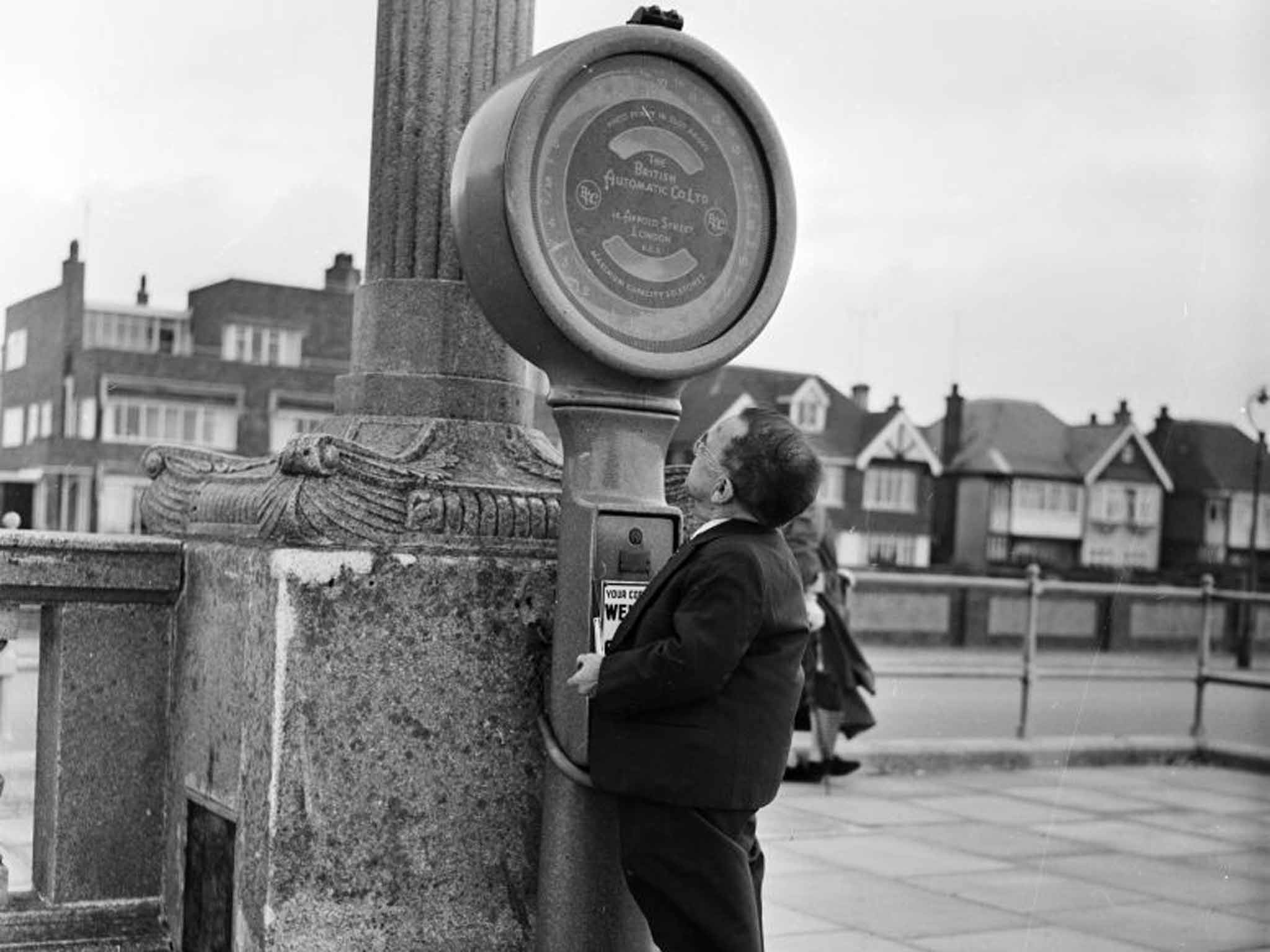The first coin-operated scales: Rhodri Marsden's Interesting Objects No.91
The scales were followed by a “grip-testing machine” and a fortune-telling machine

Percival Everitt doesn't even have a Wikipedia page, but video game historian Alex Smith describes this Norfolk-born engineer as the “father of the coin-op industry”. This weekend in 1884 he patented one of his many inventions: the coin-operated scales. “No coin-operated machine of the 1880s or 1890s approached [them] in popularity,” writes Smith. “For many people it was their first exposure to coin-operated amusements.”
As a young man, Everitt flexed his inventing muscles with a hay and corn pitcher (1877), a turnip thinner (1878) and an “Automatic Travelling Anchor” (1880). But he hit his stride in 1883 with the first postcard-vending machine.
One historical account tells of how at that time everything in Britain was closed on Sundays, and how this machine “is the only way to get a postal card… We should not be surprised to see this ingenious vendor before long supplying small objects of regular dimensions”. And so it proved. After installing 100 postcard machines around London, Everitt moved on to envelopes, cigarettes and scents before flinging himself headlong into amusements.
The scales – which prompted the formation of the Weighing Machine Company in 1885 – were followed by a “blow tester” (1887), a “grip-testing machine” (1888), “an improved receptacle from which an opera glass or the like can be hired” (1889), and a fortune-telling machine (1890). He also invented a mechanism to shut coin slots when vending machines were empty, but then – as now – vandals posed a problem.
“Although the apparatus is perfectly successful when not designedly misused,” he wrote of his scales, “articles such as paper, orange-peel and other rubbish have been maliciously placed in the slit provided for the admission of the coin.” Everitt did not, sadly, make his fortune; he died suddenly in February 1893, in his late forties, with £71 to his name.
Join our commenting forum
Join thought-provoking conversations, follow other Independent readers and see their replies
Comments
Bookmark popover
Removed from bookmarks